专注于SF6气体检测的专业化

What are the main factors affecting the SF6 decomposition process?
The main factors affecting the decomposition process of SF6 gas under high temperature and arc are arc energy, electrode material, humidity, oxygen impurity content and equipment insulation material.
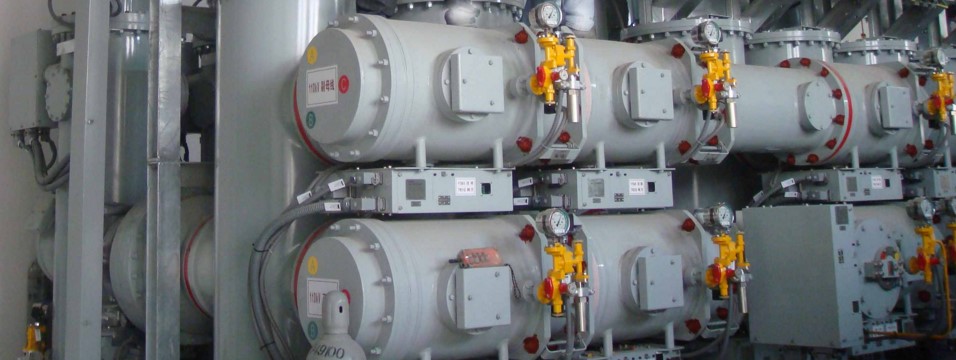
(1) Influence of arc energy: With the increase of arc energy at breaking, the amount of SF6 decomposition also gradually increases.
(2) The effect of electrode material: the consumption of electrode material is directly related to the formation of decomposition, and the content of the substance produced by SF6 gas decomposition depends on the evaporation amount of the electrode material. Silver (Ni), copper (CU), stainless steel, the electrode materials with less impact are silver (Ni) and copper (CU). Tungsten copper alloy (W-CU) is often used as electrode material in practical applications.
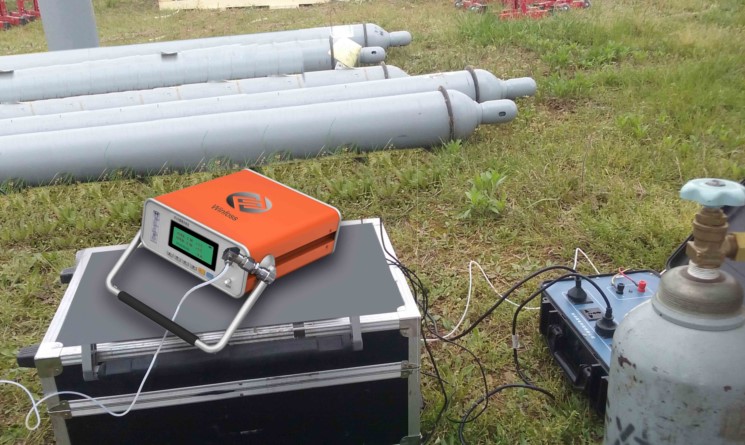
(3) The effect of water: The amount of water content in SF6 gas has a great impact on the composition and content of arc decomposition. Because a considerable number of decomposition components undergo hydrolysis reaction with water, resulting in incomplete composite decomposition process, resulting in a series of harmful substances.
(4) The effect of oxygen: In electrical equipment, the electrode material generally derived from the new gas impurities and the insulation material in the equipment contain oxygen, which infiltrates the air in the equipment installation.
(5) The impact of equipment insulation materials: at present, the insulation materials used in the circuit breaker are epoxy resin insulation materials and polytetrafluoroethylene insulation materials. The decomposition of polytetrafluoroethylene insulation material has much less components than that of epoxy resin insulation material, but polytetrafluoroethylene is expensive, and most of them are epoxy resin insulation materials at present.

 EN
EN






 上一条:
上一条: 
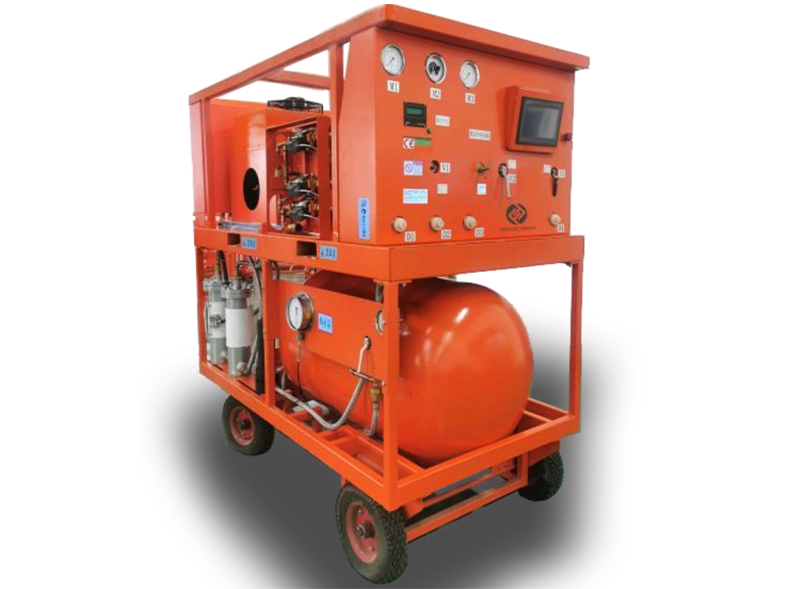
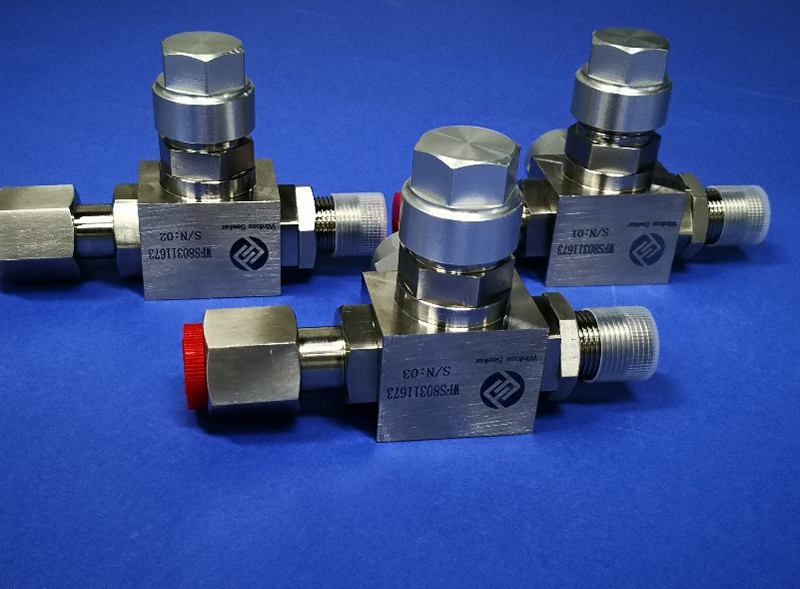
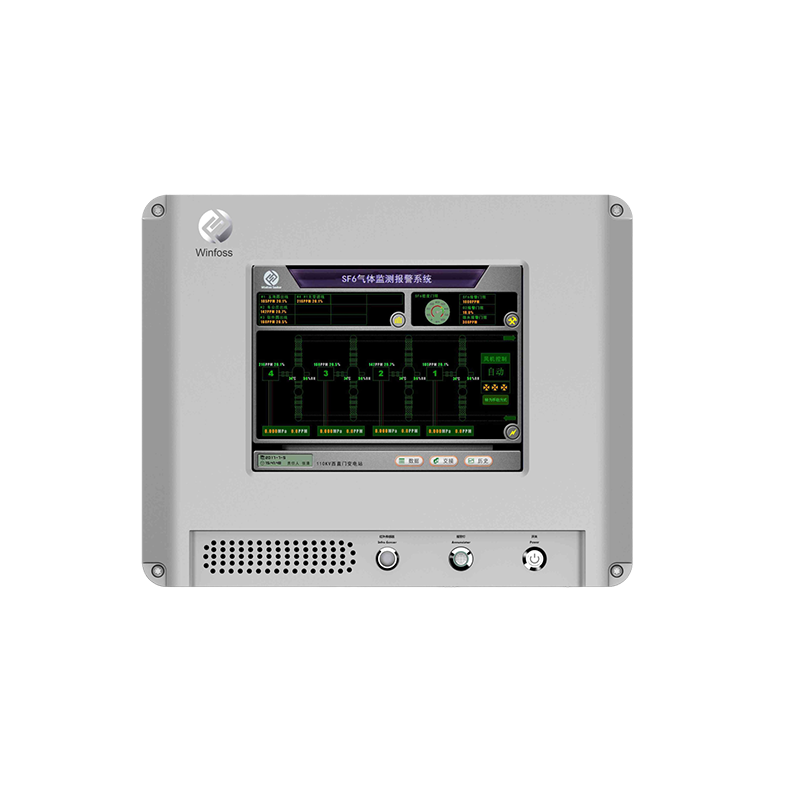
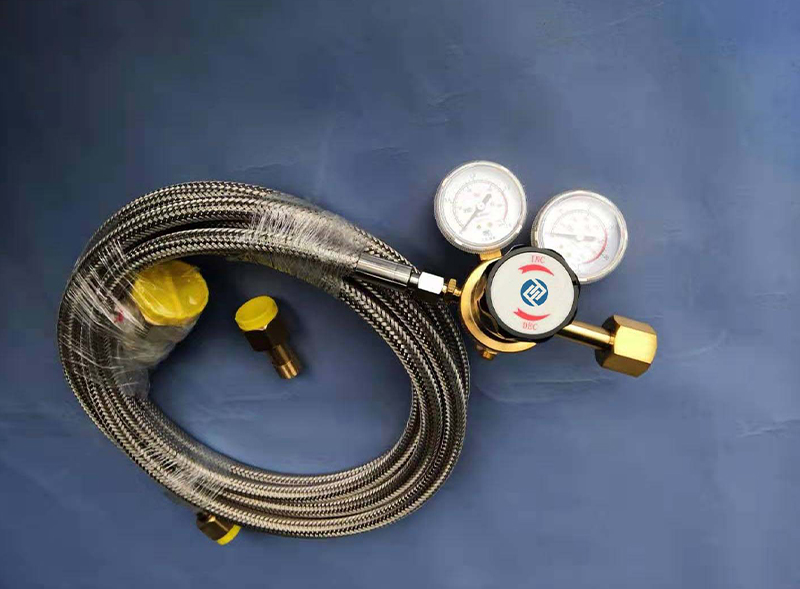
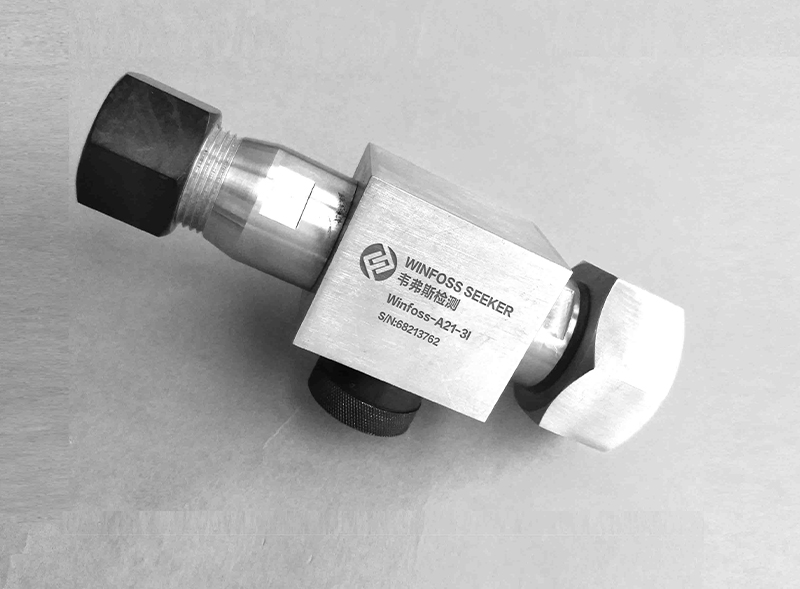
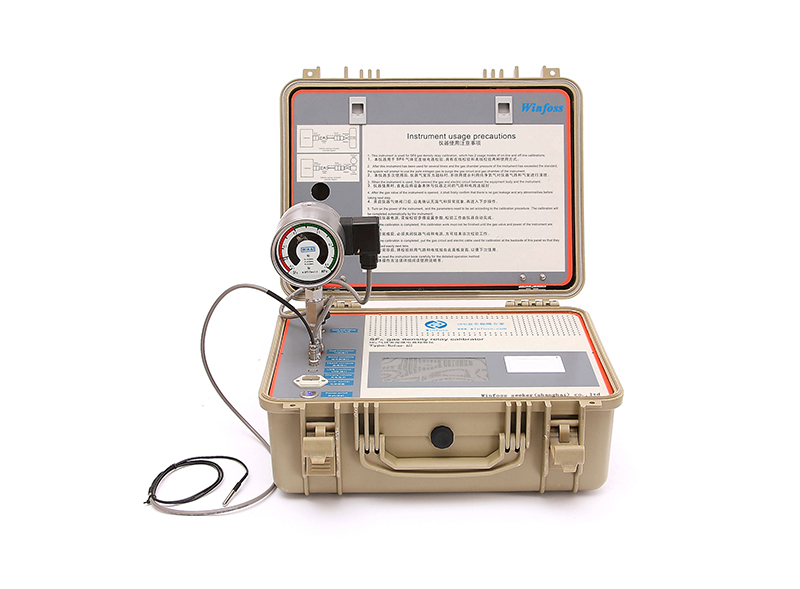

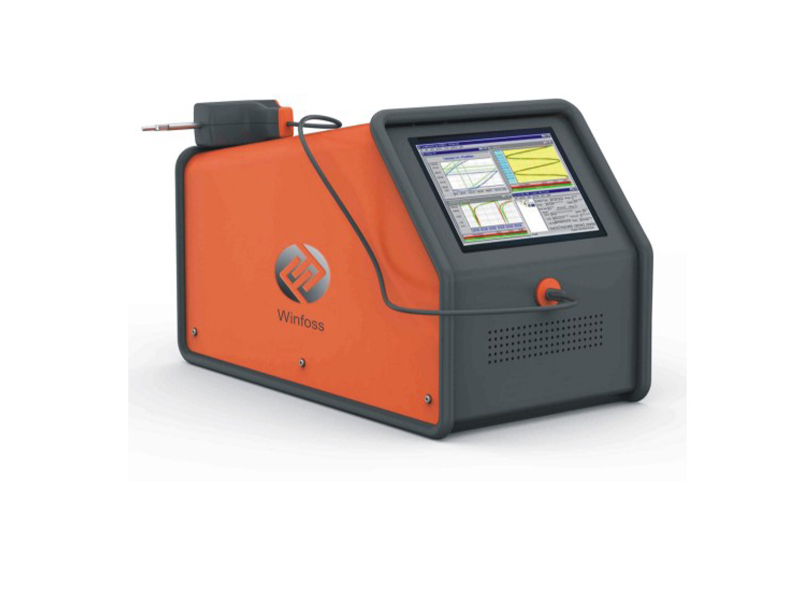

 沪公网安备31011802003762
沪公网安备31011802003762
